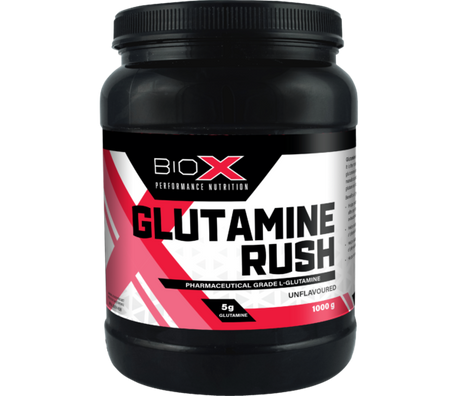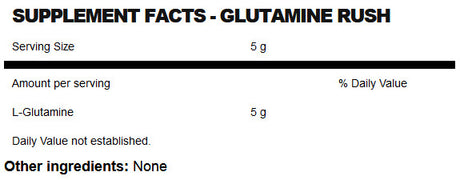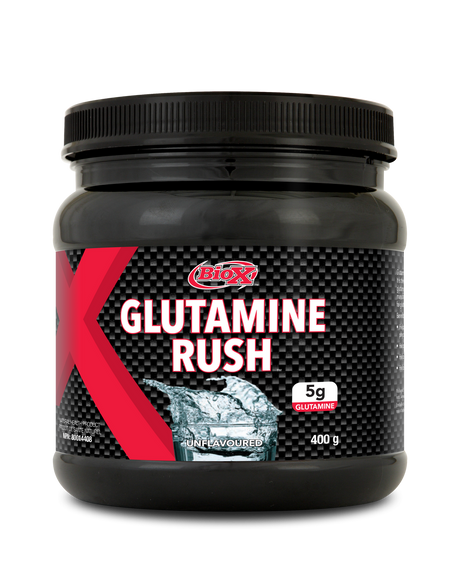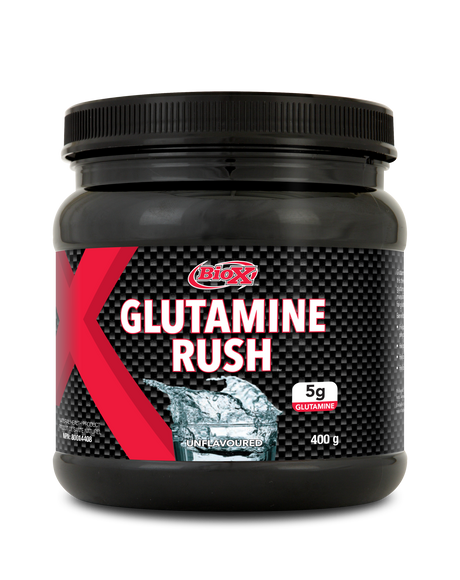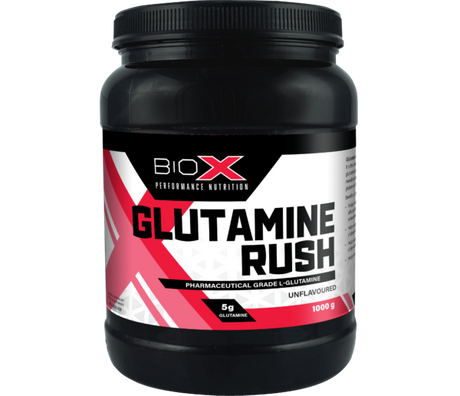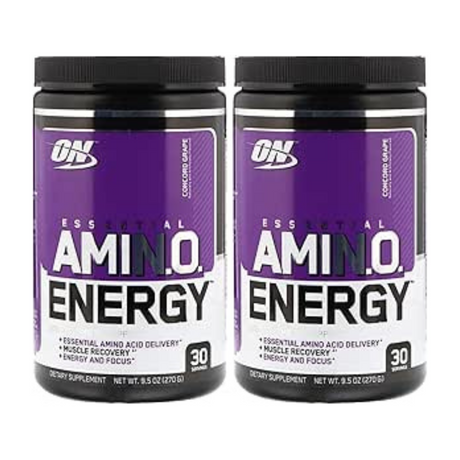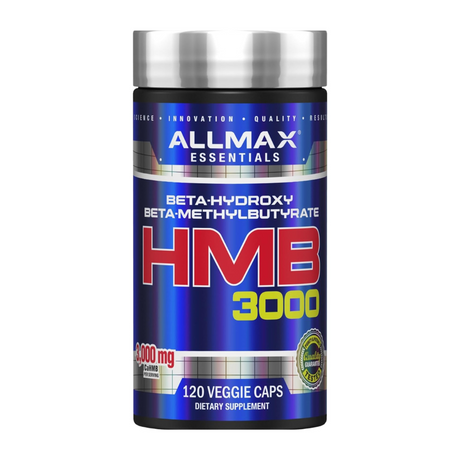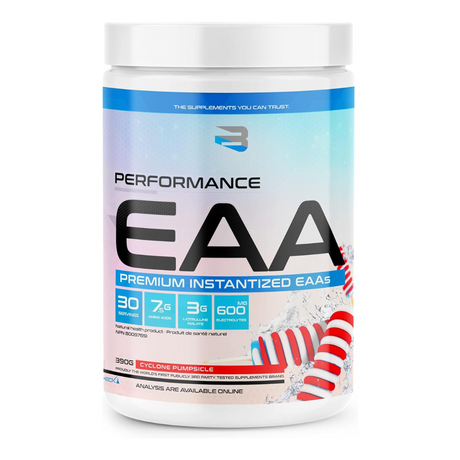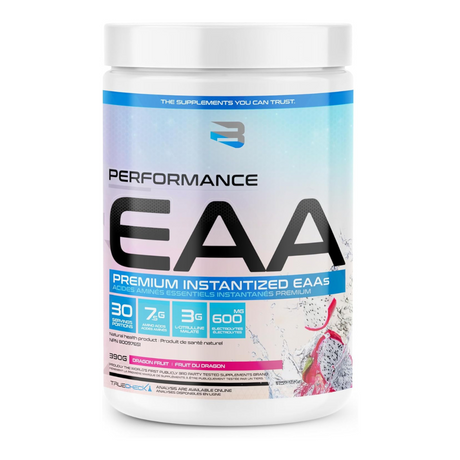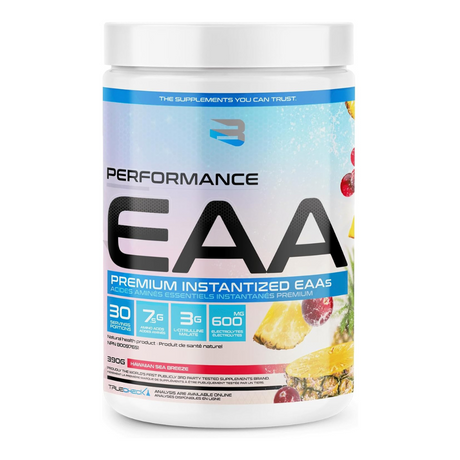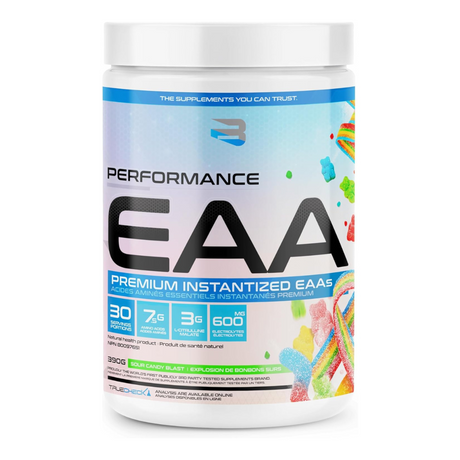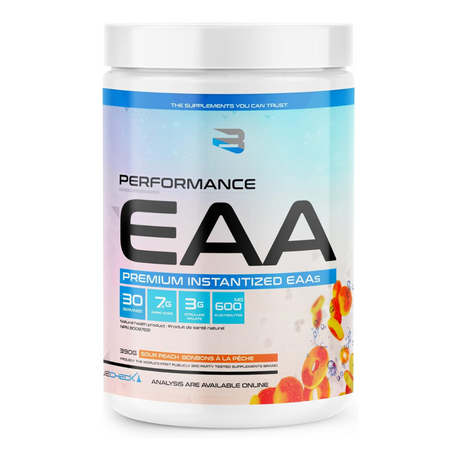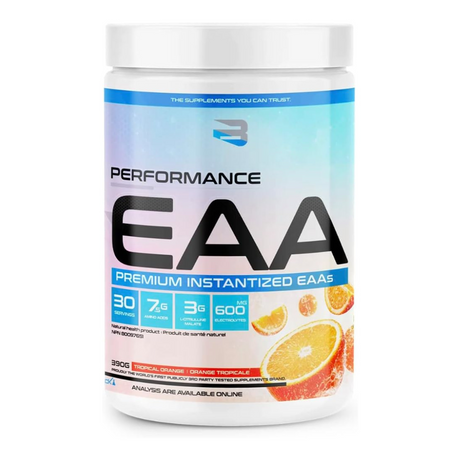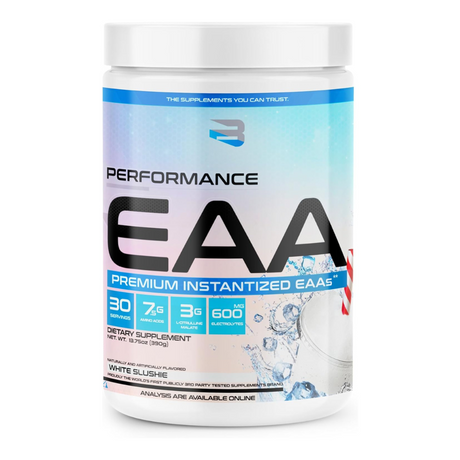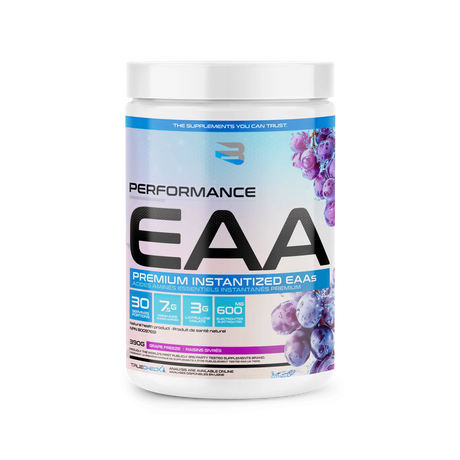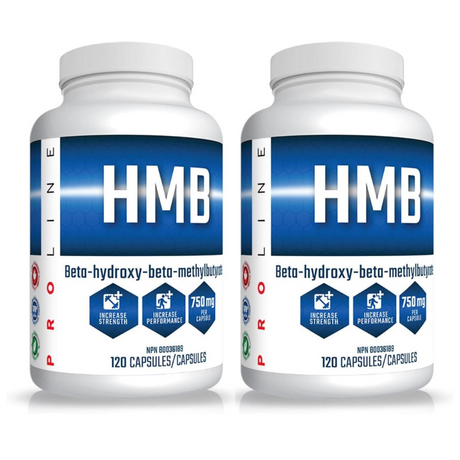March 15, 2025 | by FUEL SUPPLEMENTS
Maintaining a balance of electrolytes is very important for your health. Electrolytes help your body in many ways. They help control fluid balance, aid muscle function, support nerve activity, balance blood acidity, and assist in cellular processes. This complete guide gives useful tips about the importance of electrolytes. It also shows how to spot imbalances, their effects on hydration, and the best natural foods to keep your electrolyte levels healthy.
Understanding Electrolytes and Their Importance
Electrolytes are essential minerals that carry an electric charge when they dissolve in fluids like blood. Examples of electrolytes include sodium, potassium, calcium, magnesium, chloride, bicarbonate, and phosphate. These minerals help control many processes in our body. They are vital for staying hydrated, muscle function, nerve signals, and body balance.
Electrolytes work like tiny electric wires. They help send signals all over our body. Without electrolytes, our muscles could not move, our hearts might not beat right, and our brains would not work well.
The Role of Electrolytes in the Body
The electric charge from electrolytes helps our bodies work well. One important job is keeping fluid balance. Electrolytes like sodium help move water between cells and the blood, keeping us properly hydrated.
Electrolytes are also key to muscle function. Calcium, sodium, and potassium work together to make muscles contract, allowing us to move and coordinate our actions. If these electrolytes get out of balance, we might experience muscle cramps, weakness, or fatigue.
Moreover, electrolytes play a role in controlling blood pressure. Sodium helps maintain blood volume, while potassium reduces the effects of sodium and relaxes blood vessels. Getting the right balance of these electrolytes is important to maintaining healthy blood pressure levels.
Key Electrolytes and Their Functions
Several electrolytes are important for our health. Sodium is the most common one. It helps keep fluids balanced and is needed for sending nerve signals. Potassium also plays a key role. It works with sodium to maintain fluid balance. Potassium is important for muscle contractions and a healthy heartbeat.
Calcium is known for helping to build strong bones. It also helps with muscle contractions, nerve function, and blood clotting. Magnesium is another important electrolyte. It is involved in over 300 reactions in the body, including muscle contractions, nerve function, and energy production.
Chloride is often found with sodium. It helps keep fluids balanced and plays a part in digestion by making stomach acid. Bicarbonate is important, too. It helps keep the body's pH in check by preventing too much acidity or alkalinity.

Recognizing Electrolyte Imbalance
Electrolyte imbalances happen when the levels of electrolytes in the body are too high or too low. These factors can upset the balance of electrolytes, such as strenuous exercise, excessive sweating, illness, dehydration, or specific medical conditions.
It is important to recognize the signs of an electrolyte imbalance. This helps in getting quick help and management. Understanding the common causes and symptoms can help you find these potential imbalances and get the right medical care.
Causes of Electrolyte Imbalance
Electrolyte imbalances happen for different reasons that change the body's fluid and electrolyte levels. Some common causes are:
- Dehydration: Prolonged sweating, not drinking enough fluids, vomiting, and diarrhea can make the body lose a lot of fluids. This can cause imbalances.
- Medical Conditions: Kidney disease, heart failure, and hormone problems can mess up how the body regulates electrolytes, leading to imbalances.
- Medications: Some medications, like diuretics and laxatives, can cause the body to lose electrolytes, which may lead to imbalances.
These issues can change electrolyte concentrations in the body, disrupting normal functions and requiring treatment to restore balance. It is important to deal with the cause of the imbalance to avoid further problems.
Symptoms to Watch For
Identifying symptoms of an electrolyte imbalance is very important for getting help early. You can get medical attention and avoid more serious problems if you notice warning signs. Here are some common symptoms to look for:
- General Symptoms: Feeling tired, weak, or slow might mean low levels of electrolytes. This can affect how your body produces energy and functions overall.
- Muscular Symptoms: You might feel muscle weakness, twitching, cramps, or spasms. These are often linked to imbalances that impact muscle function.
- Neurological Symptoms: Confusion, crankiness, headaches, and dizziness can be signs. These might happen when electrolyte levels affect nerves and fluid balance.
If you have any of these symptoms, especially after intense exercise, being in heat for a long time, or vomiting or diarrhea, talk to a doctor. They can find the cause and give you the right treatment.

The Impact of Hydration on Electrolyte Balance
Water is the main way to move electrolytes in our bodies. Staying hydrated is very important for maintaining this balance of electrolytes. When we drink enough water, it helps to spread the electrolytes and allows them to work properly.
On the other hand, when we lose too much fluid, it can cause electrolyte imbalances. This is because losing fluids can upset the balance of minerals in our body. Drinking water regularly to stay hydrated is very important, especially when we lose more fluid than normal.
How Water Intake Affects Electrolytes
Our bodies need the right mix of fluids and electrolytes. Water is very important for many body functions, and how much we drink affects our electrolyte concentrations. Drinking enough water helps keep our electrolytes balanced.
When we get enough water, it helps our kidneys. The kidneys filter waste and manage our electrolyte levels. Good hydration lets the kidneys work well and keeps the electrolyte balance in check.
However, drinking too much water can lower the electrolytes in our bodies. This can cause hyponatremia, which means low sodium levels. It's important to find the right balance. Listen to your body, and drink when you are thirsty to keep your hydration and electrolyte balance right.
Signs of Proper Hydration and Electrolyte Levels
Recognizing the signs of being well-hydrated and having a good balance of electrolytes is important for your health. Keeping the right balance of electrolytes helps your body work its best. Here are some signs to watch for that show if you are drinking enough water:
- Urine Color: If your urine is pale yellow or straw-colored, it usually means you are well-hydrated. Dark yellow urine can mean you are dehydrated.
- Thirst: Feeling thirsty is your body’s way of telling you it needs fluid. Pay attention to this feeling and drink water throughout the day, especially when you're thirsty.
- Energy Levels: Good electrolyte levels help you feel energetic. If you notice fatigue, muscle weakness, or trouble thinking clearly, it could mean you are dehydrated or have an electrolyte imbalance.
By listening to your body's signals, you can stay well-hydrated and maintain a good balance of electrolytes for better health and energy.
Natural Sources of Electrolytes
Eating electrolyte-rich foods is important for keeping your body’s electrolyte levels up. Many fruits and vegetables are good sources of electrolytes. They provide important minerals like potassium, magnesium, and calcium.
Dairy products also provide calcium and other electrolytes. Selecting various foods can help restore and maintain a good electrolyte balance.
Electrolytes in Fruits and Vegetables
Fruits and vegetables are full of vitamins, minerals, and antioxidants. They are also great sources of electrolytes. Eating a colorful mix of these healthy foods can help your body get the necessary electrolytes.
Bananas are famous for having a lot of potassium. Potassium is an important electrolyte that helps your muscles and nerves work properly. Coconut water is another great choice. It has natural electrolytes like potassium and magnesium, keeping you hydrated.
Like spinach and kale, leafy greens are rich in magnesium and calcium. These minerals are good for your muscles, bones, and nerves. Adding these fruits and vegetables to your meals and snacks is a tasty and smart way to balance your electrolytes.
Dairy and Electrolytes: A Hidden Source
Dairy products are important sources of electrolytes, especially calcium and phosphate. Milk, yogurt, and cheese are high in these essential minerals. They help with bone health, muscle function, and overall well-being.
Calcium is key for muscle contraction, nerve function, and blood clotting. Phosphate is important for energy metabolism, DNA structure, and bone health. You can get these important electrolytes without a lot of saturated fat by choosing low-fat or fat-free dairy.
Dairy products also contain small amounts of other electrolytes, such as potassium and sodium. This supports a balanced intake of electrolytes. Eating a serving or two of dairy each day can help maintain good electrolyte levels.

Enhancing Electrolyte Intake Through Diet
Improving your intake of electrolytes doesn’t need big changes. You can make a big difference by adding some food to your diet. The best way to keep your body balanced is to include foods rich in electrolytes in your meals and snacks.
Choosing whole foods instead of processed ones helps you get the necessary nutrients, including electrolytes. By making smart food choices, you can give your body the essential electrolytes to work well.
Meal Ideas for Optimal Electrolyte Balance
The best way to get more electrolytes is by eating a balanced diet. You should include fruits, vegetables, and dairy products. Here are some meal ideas to help you:
- Breakfast: Start your morning with Greek yogurt. Add berries and a sprinkle of nuts and seeds. This gives you calcium, potassium, magnesium, and healthy fats.
- Lunch: Have a big salad with grilled chicken or fish. Include leafy greens, sliced cucumbers, cherry tomatoes, and a light vinaigrette dressing. This meal is rich in nutrients and electrolytes.
- Dinner: Choose salmon baked with roasted vegetables. Good options are sweet potatoes, broccoli, and bell peppers. This meal is tasty and gives you electrolytes and antioxidants.
Adding these tasty and healthy meals to your daily routine can increase electrolyte intake, improving overall health and well-being.
When to Consider Supplements
While obtaining electrolytes from a balanced diet is ideal, supplements can bridge the gap in certain situations. Athletes engaged in intense exercise, individuals experiencing severe dehydration, or those with medical conditions affecting electrolyte absorption might require supplementation.
Electrolyte drinks and supplements can be beneficial for replenishing electrolytes rapidly after strenuous activity or during prolonged exposure to heat. These products typically contain a blend of electrolytes designed to rehydrate and restore balance quickly.
However, it's important to note that excessive electrolyte consumption can lead to imbalances. Consult a healthcare professional to determine the appropriate dosage and duration of electrolyte supplementation, based on your individual needs.
Electrolytes are very important for keeping our body's balance. They help with nerve and muscle function and keep our cells hydrated. It’s vital to watch for signs of an electrolyte imbalance and to stay well-hydrated. Fruits and dairy are good natural sources to help keep levels right. Supplements can be an option if you need extra help, but it's best to focus on getting what you need from your diet first. Learn more about electrolytes and how they benefit your body. Talk to a nutrition expert today for personalized advice on how much to take.

Frequently Asked Questions:
How often should you replenish electrolytes?
It depends on your activity level and health. If you are doing intense exercise, you must replace electrolytes more often. Adding more foods rich in electrolytes to your daily diet helps keep your electrolyte levels in a normal range.
Can drinking too much water cause an electrolyte imbalance?
Yes, drinking too much water can cause hyponatremia, which is due to low sodium levels in the blood. Though it is rare, this electrolyte imbalance shows why it is important to drink in moderation. Paying attention to your body's signals about how much fluid to take in is vital.
What are the signs of low electrolytes?
Low electrolytes can cause muscle weakness, tiredness, headaches, dizziness, and nausea. In more severe cases, you might also feel confused, have seizures, or experience an irregular heartbeat.
Are sports drinks effective sources of electrolytes?
Sports drinks can help replace electrolytes that you lose when you exercise hard. They contain a good amount of electrolytes. But it's important to pick drinks with less sugar and drink them in moderation.
Can electrolyte imbalance affect mental health?
Yes, electrolyte imbalances can affect mental health. When electrolytes are not balanced, it can lead to mood changes, tiredness, irritability, confusion, and trouble focusing. These issues can be caused by different factors, like dehydration, a bad diet, or health problems



